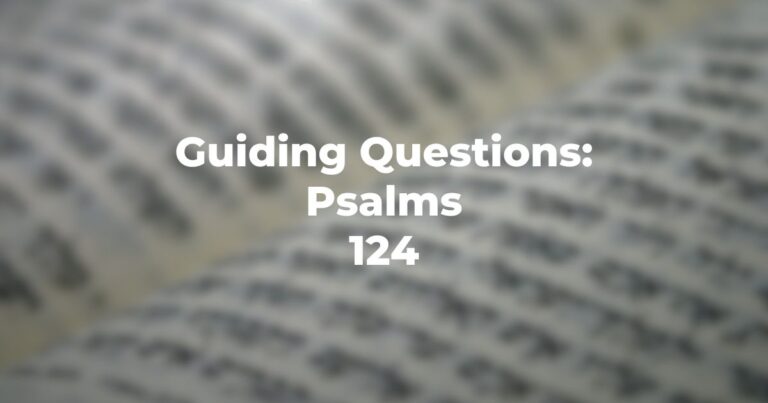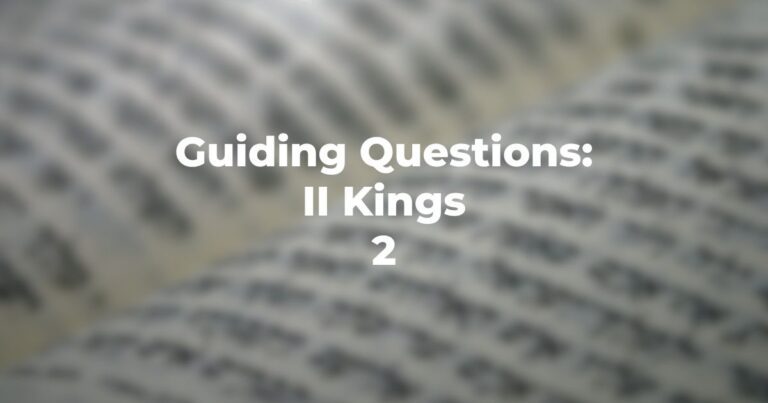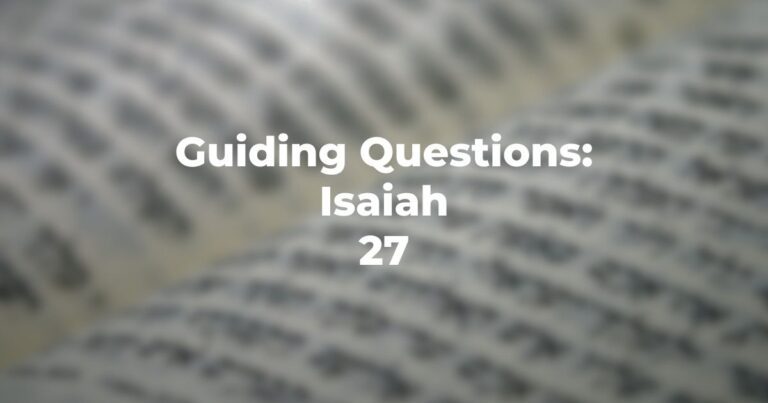- What theological question is raised by Proverbs 16:4?
- What are the possible antecedents of the pronoun in Proverbs 16:7 and how is the meaning affected?
- Is economic well-being always a blessing (Proverbs 16:8)?
- What are the possible interpretations of Proverbs 16:9 and the theological issues that it raises?
- What is the meaning of Proverbs 16:10? Isn’t magic or divination (kesem in Hebrew) prohibited by the TorahRefers to the first five books of the Hebrew Bible, the Tanakh, also called the Five Books of Moses, Pentateuch or the Hebrew equivalent, Humash. This is also called the Written Torah. The term may also refer to teachings that expound on Jewish tradition. Read more?
- Is Proverbs 16:11 related in any way to Proverbs 16:10 and Proverbs 16:12 or is it an intrusion?
- Do Proverbs 16:18-19 apply to the individual, the community, or both?
- Proverbs 16:26 has been variously interpreted. How do you understand it?
- Do Proverbs 16:27-30 describe one type of person or three different types of unsavory people?
- How does a “querulous” person alienate his friend?
- What ethical teaching in the Torah does Proverbs 16:31 recall? See Leviticus 19:32.
- What precept in Pirkei Avot reflects the statement in Proverbs 16:32? (Proverbs 4:1)
- What lots are referred to in Proverbs 16:33?
- How does the first half of this chapter differ essentially from the second half?
Author
-

Exploring Judaism is the digital home for Conservative/Masorti Judaism, embracing the beauty and complexity of Judaism, and our personal search for meaning, learning, and connecting. Our goal is to create content based on three core framing: Meaning-Making (Why?), Practical Living (How?), and Explainers (What?).
View all posts




